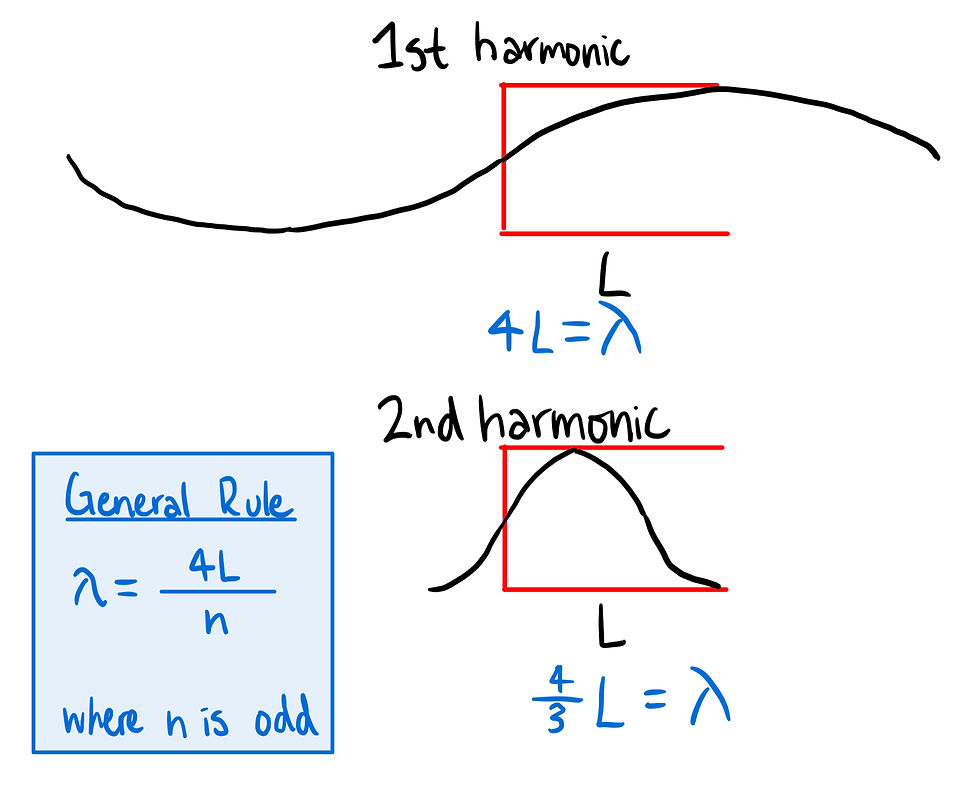PhysicsBowl 2018 Q41
- keshprad

- Mar 24, 2020
- 1 min read
41) This question involves concepts of special relativity, energy conservation, and conservation of momentum.
An object moving at a speed close to c collides with a second identical object at rest. Let's call the object in motion as Object 1 and call the object at rest Object 2.
We will need to know the formulas for relative momentum, relative energy, rest energy, and the Lorentz factor.

Now let's look at the initial and final energy for each object.

Let's set up two equations for the conservation of momentum and energy. While doing this, keep in mind that the objects stick together after colliding, so our final momentum and energy will be one combined term.

IMPORTANT: In the step above, M is not equal to 2m, even though the particles are identical. When the particles stick together the rest mass will be 2m; however, since the particles move at a high speed after colliding, their mass will be different.
Rather than trying to calculate the special relativity mass, it will be much easier to work with these two equations. Our next step is to divide the energy conservation equation by the momentum conservation equation.

You can see that this simple step simplified this equation drastically and was much more effective than if we tried to solve the relative mass.
Recall the equation for the Lorentz factor from the beginning of this problem. Using that equation, we can solve for γ and then solve for the final velocity.

Answer: D




Comments